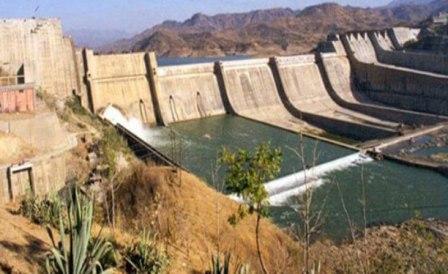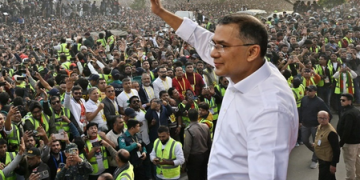New Delhi: Aggrieved by the delay in listing of controversial Polavaram dam case in the Supreme Court, a counsel of one of the parties has written to the Registrar of the apex court seeking early listing of several cases filed against the project.
Advocate Shravan Kumar, who appeared for voluntary organisation RELA in the matter, submitted in the letter that Polavaram Irrigation Project related cases are pending before the Supreme Court since 2006.
“The first petition was filed by Retired IAS officer Late BD Sharma (WP (C) No. 144 of 2006). Thereafter, several petitions were filed by Prof Kodandaram (SLP (C) No.958 of 2008), RELA NGO (WP C No. 65 of 2017) and others. Besides the individuals, State of Odisha (OS No. 4 of 2007), State of Chhattisgarh (OS No.3 of 2011 & Writ Petition), State of Telangana (OS No.1 of 2019) have also filed suits before the Supreme Court on lack of adequate backwater studies,” the advocate said.
The counsel termed it very unfortunate as the project is scheduled to complete by December 2021 but the pending cases are not disposed. He said several adverse effects of Polavaram project have begun from 2019-20 because of lack of appropriate studies and lack of precautions. Massive backwater effect was witnessed by hundreds of tribal villages after the construction of coffer dam of the project.
“Since the effect of Polavaram project would be on dense forests and about 3-4 lakh people in four states, it is prayed that the pending cases referred above may be listed as early as possible in the interest of justice and environment,” Shravan Kumar submitted.
Significantly, the Supreme Court had last taken up the matter for hearing in February 2020 and directed Odisha to file rejoinder affidavit. Since then, the matter has not been come up for hearing.
Odisha had in 2007 filed an original suite in SC against the Andhra Pradesh government’s decision to build multipurpose Polavaram project on Godavari River citing that the project will lead to submergence of huge area in the state and many tribal people will lose their homes and land.






































